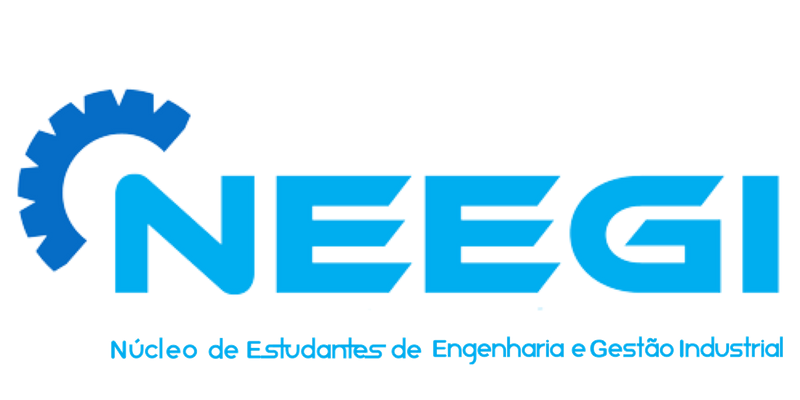
Programme Overview
Industrial Engineering and Management blends engineering sciences with business administration in order to solve problems in companies and industries. The role of industrial engineers involves planning, optimizing and managing activities such as industrial output (its processes and operations), logistics and distribution; they can also work in areas like finance, marketing, information systems, strategy and organisation of a company or taking up consultancy as a career.
Programme Structure
The 2nd Cycle in Industrial Engineering and Management has a duration of 4 semesters (2 years), equivalent to 120 ECTS. The structure is depicted below.
Note: The curriculum distribution, which is shown over the two years, may be different according to the optional modules chosen.
-
1st year (ECTS)
-
54
-
6
-
-
2nd year (ECTS)
-
18
-
12
-
30
-
The curricula of the 1st and 2nd Cycle were reformed in the 2021/2022 academic year, following Decree-Law 65/2018 and the implementation of a new teaching model and pedagogical practices (former programme structure).
-
Core Structure (72 ECTS)
The MSc programme in Industrial Engineering and Management (Major) allows you to improve the capabilities and knowledge acquired in the 1st Cycle in subject areas such as operations research, supply chain management, decision-support models and project management.
The study cycle encompasses 24 ECTS credits and allows you to choose one of two areas of expertise:
- Operations and Logistics are mostly concerned with the organisation, management and planning of an industry operation, in particular its manufacturing facilities, warehouses and distribution chains.
- Financial management is focused on the finances of industry, risk assessment, management and data science.
The programme structure offers you the possibility to take modules within the core structure.
Extra-curricular activities may also be credited, to a maximum of 6 ECTS credit points.
-
Free options (18 ECTS)
Part of the curriculum is of fully free choice, i.e., students may choose modules not only in Industrial Management, but also in any other scientific field offered by Técnico.
This component includes the possibility of taking a Minor – a number of multidisciplinary modules – which equals 18 ECTS credits. The offer cuts across all programmes offered by Técnico.
-
Dissertation (30 ECTS)
The dissertation is the final assignment of the study cycle, which allows students to focus and specialise on a specific subject that may take any of these formats:
- Scientific thesis
- Internship at a company
- Capstone project
Target Audience
The MSc in Industrial Engineering and Management is intended for graduates in the area of Management and Engineering who wish to have strong foundations to pursue a career in production, logistics, marketing, information systems, strategy, finance and consultancy.
The programme is taught in Portuguese however may there be international or mobility students enrolled, the curricular units will be taught in English.
Career Opportunities
Técnico MSc graduates in Industrial Engineering and Management are prepared to hold strategic positions in industrial Small and Medium Sized Companies, in large economic groups and holdings, as well as in financial companies, and engage in activities such as:
- Assessment of industrial projects;
- Management and optimization of supply operations and chains;
- Operations research;
- Economic and financial audits;
- Impact and innovation technological assessments;
- Development of research and development strategies;
- Consultancy and leadership, supervision and management functions;
- Vocational training and teaching.
Facts & Figures
Source: Técnico Employability Observatory | 2016/17 academic year data.
Entry requirements
To apply for a 2nd Cycle at Técnico you should:
- hold a 1st cycle degree in Science and Technology (except in the case of the 2nd cycle in Architecture, which requires a 1st cycle degree in Architecture);
- hold an academic, scientific or professional curriculum that certifies their ability to do the MSc programme which they apply for.
Candidates are selected according to these criteria:
- affinity between the degree they hold and the programme they apply for;
- type of degree they hold;
- academic success in the programme they attended.
Note: if requested, we may appreciate the academic, scientific or professional curriculum and the candidate’s performance during the interview.
Students' Organisations

Técnico students autonomously and proactively stimulate projects that complement their academic background. For example, the Students’ Organisations provide them with skills and added value, making them more competitive in the labour market.
The Industrial Engineering and Management Students’ Organisation (NEEGI) is the main structure of Industrial Engineering and Management students, which promotes:
- Visits to companies, workshops and training actions
- the participation in international networks (European Students of Industrial Engineering and Management)
- the Lisbon Case Study Competition
- the organisation of Industrial Civil Management meetings and seminar
- Summer internships within Técnico Summer Internships
- the collaboration in the Taguspark Business and Technological Week
- the study material repository
- Volunteering, recreation and leisure activities

